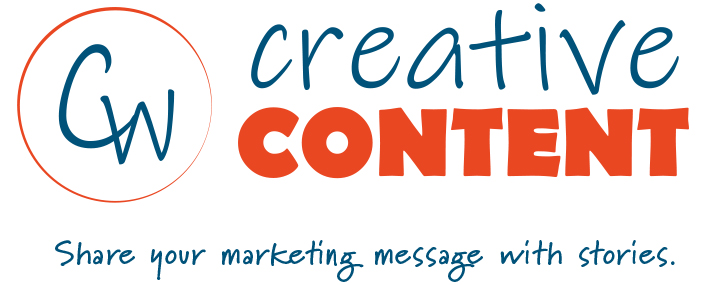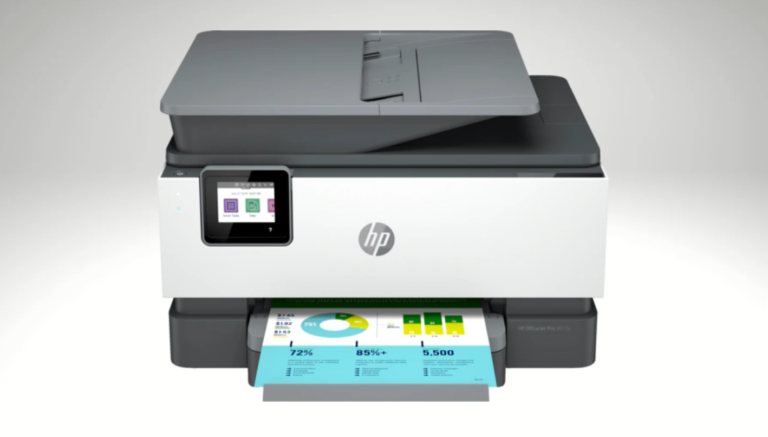Starting a journal is easy. Just pick up a pen and notebook … and write!
Not all clutter is visible. Mental clutter is a challenge for many of us, and a major hindrance to creativity. That’s why journaling is so important.
Keeping a journal may not sound like something serious business owners do, but not all journals are used to record just feelings and daily events. They can also be used to record ideas, goals, and the results of new methods you’re implementing in your business.
Several years ago, when my son was only 11 and in 6th grade, I spent several nights a week reading a book to him about a historical figure most people have probably never heard of: Nathaniel Bowditch, the father of modern ocean navigation.
Indentured as a servant from age 12 until he was 21, Bowditch didn’t let his limitations stop him. During those nine years, Bowditch taught himself Latin and French, and studied navigation and chandlery (items sold for outfitting ships).
Every time he began learning a new concept or a new language, he started a new journal. He called it a notebook, but it was basically the same thing. A very practical tool.
Keeping a journal is one of the best ways to keep track of your thoughts, goals, and dreams. Listed below are four reasons you need to seriously consider starting a journal, along with some tips to help you get started.
* * *
Gets rid of the “junk” in your head (in other words, helps you FOCUS). Writing things down instead of keeping them in your head frees you up to actually think about things one at a time. It works best when you do it regularly – ideally every day, for at least 20 minutes each session. You can use prompts like a problem you’re having at your office or a recent trip to someplace fun.
Improves your communication skills. Journaling gives you the chance to vent your frustrations in a safe place, then figure out the best way to deal with that difficult person in a more constructive way.
Gives you the chance to try out new ideas. Write down goals and visions you have for your business. If you’re not sure about a decision you need to make, list the “pros” and “cons” in your notebook. Seeing some of your ideas written out will help you look at them more objectively.
Reduces stress. Once you’ve been writing regularly for a few weeks, you’ll notice a big improvement in your stress level. That in itself should be a motivation to keep journaling!
NOT for Writers Only!
Despite the obvious fact that journaling involves writing, keeping a journal is not limited to writers. Entrepreneurs, employees working “9-to-5,” executives, engineering students, stay-at-home moms … ANYONE can benefit from starting the practice of daily or weekly journal writing.
Journaling is one of the fastest ways to boost your creativity. To help you get started with your own journal, I’ve included a couple of resources below, along with info about the book I mentioned earlier.
Creative Journal Writing (by Stephanie Dowrick) [pub. 2009] includes stories, instructions, writing exercises, AND a list of 125 writing prompts.
Writing Down the Bones Deck: 60 Cards to Free the Writer Within (by Natalie Goldberg) [pub. 2021]. Each card has a writing topic on one side and a short lesson on the back.
Carry On, Mr. Bowditch (by Jean Lee Latham) is the book I referred to in an earlier paragraph. I’m including it here for two reasons:
- It’s an amazing account of someone who overcame great odds and personal tragedy to make a major impact on the world, with the help of a few notebooks (journals). … AND
- My son, Ben – who was NOT an avid reader when he was 11 – absolutely loved the book. In fact, he read it the first time all by himself a year earlier, at the age of 10. (The book won the Newbery Medal in 1956.)








